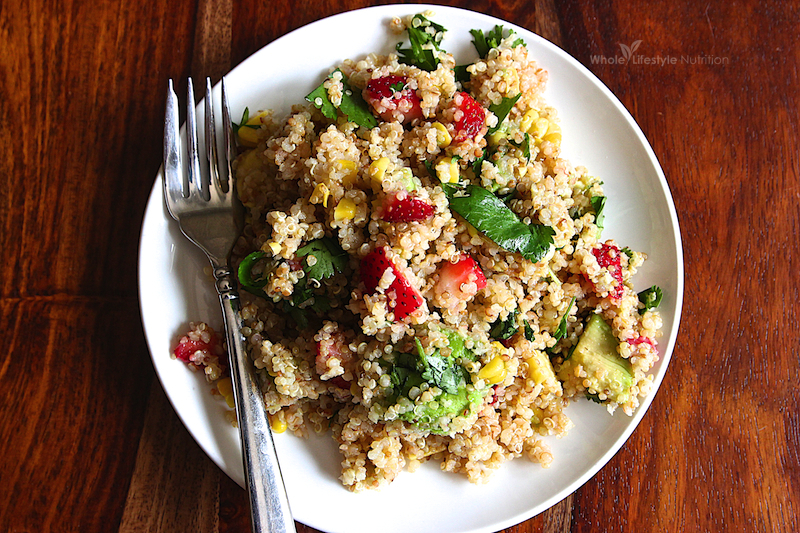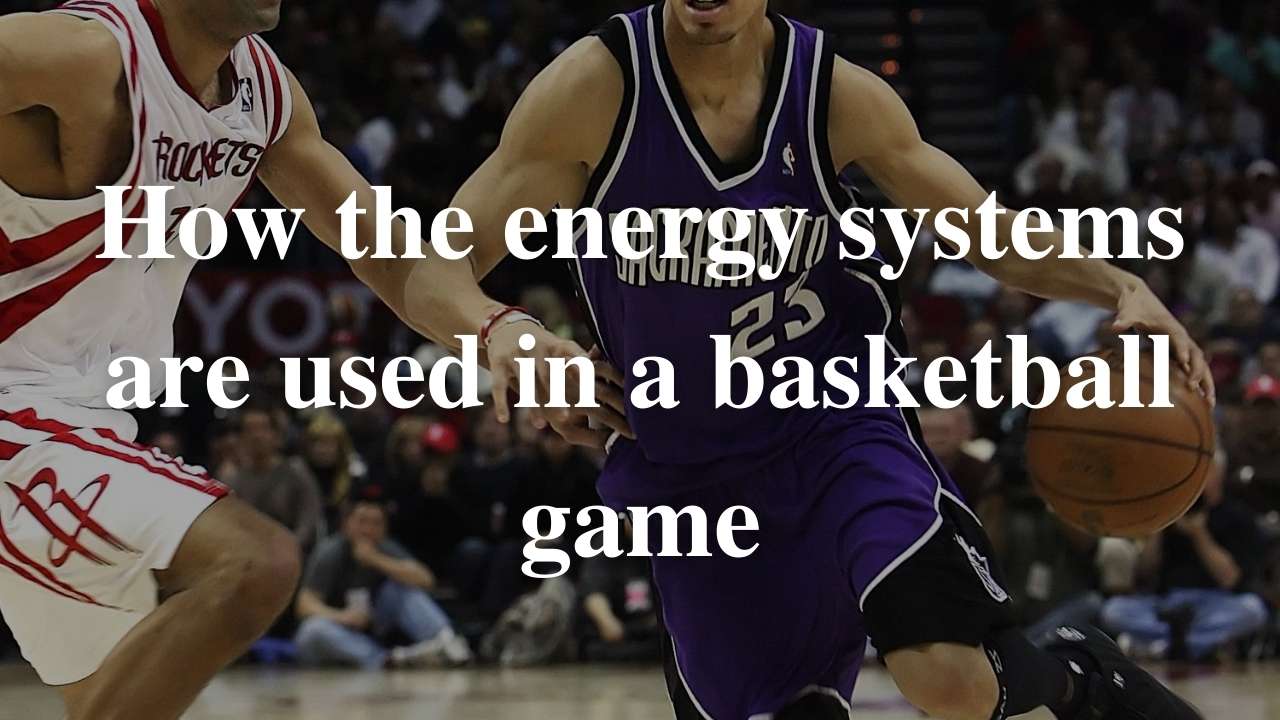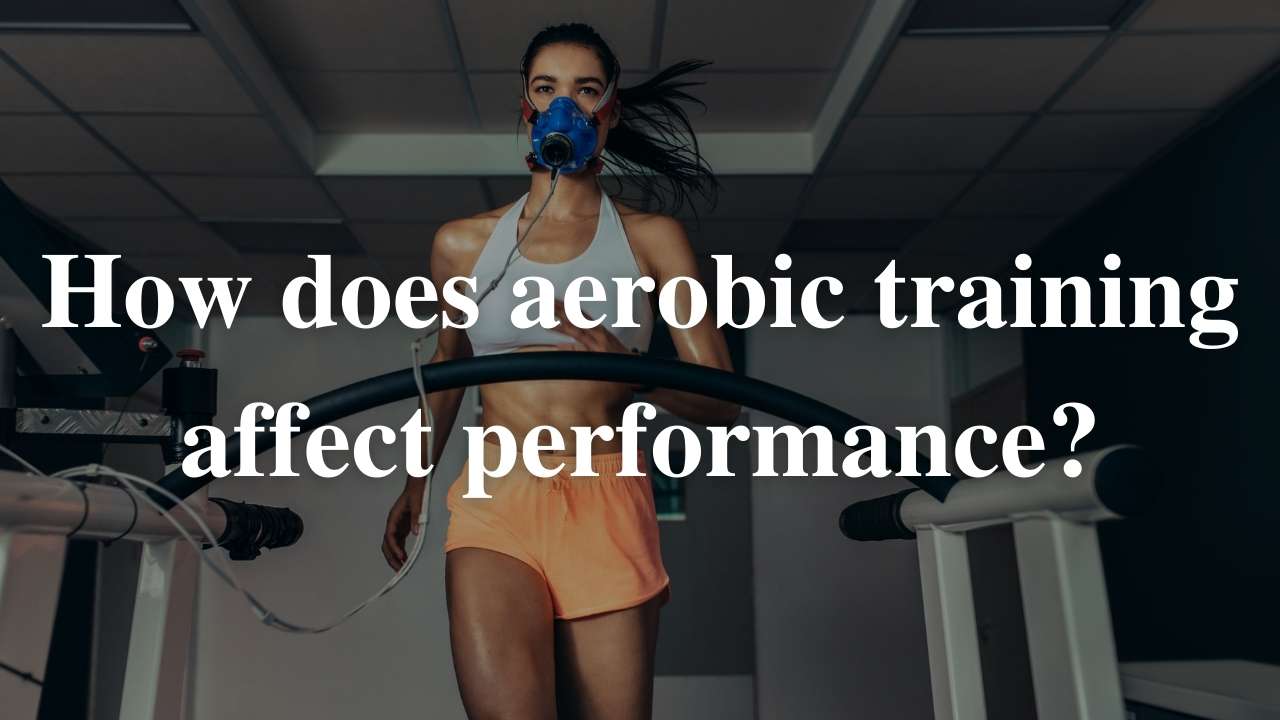This article looks at how nutrition after performance affects recovery and future performances. There are a few key aspects to consider when looking at nutrition after performance and these are: the timing, the type of performance, and the nutrients themselves.
The timing
There are two phases when nutrition is important post exercise. These are the anabolic phase and the growth phase. The anabolic phase is the window of opportunity 45 minutes after a performance or training session. During this phase it is important to replenish the nutrients just used in the session, particularly protein and carbohydrates (glycogen). Often elite athletes will eat a protein bar or shake after competition or training along with some form of carbohydrates. A natural food that combines both of these nutrients are beans, peas, nuts and seeds.
During this phase it is also very important that the athlete begins to replace fluid lost, as well as vitamins and minerals that are used during exercise, such as: calcium, magnesium, sodium, potassium, vitamin C and the many vitamin Bs. Most of these vitamins and minerals can be found in a banana, and are frequently added to sports drinks.
The second phase is the growth phase, which runs from the end of the anabolic phase until the next workout. Of particular importance within this phase is the fact many athletes will sleep. Sleep is when your body repairs itself and releases the hormones needed to for growth and repair in large amounts. As such it is important for the athlete to consume lost nutrients and other nutrients required for growth and repair around 1 hour before they go to bed. This helps them to grow and repair well.
Type of performance
This is quite important as you do not want your athlete to consume too much of the wrong nutrients as they recover. An athlete that has performed at fairly high intensities for extended periods of time (60+ min) will need to replenish glycogen stores and replace electrolytes. However, they do not need great amounts of protein, unless the intensity was high enough to damage muscle tissue or they have a minor injury. In contrast an athlete who has just done very high intensity, but short performance may simply need the protein and not the electrolytes of the carbohydrates. Nutrition after performance is very specific to the sport engaged in or the type of training session.
Nutrients
Every athlete has a particular balance of nutrients before performance, which is then altered by the performance creating a requirement for particular nutrition after performance. This does not mean that the athlete has a good balance before performance. many athletes focus more on the macronutrients than the micronutrients, even though the micronutrients can have a large effect on performance if the athlete is deficient in them.
Nutrition after performance needs to be specific to the athlete, and should seek to promote the health of the athlete, not just think of performance. What I mean by this, is that the athlete should seek more natural sources of their nutrients against those designed by consumer companies. For example, rather than eating a protein shake or bar, the athlete will benefit much more from eating nuts, seeds, or meat. Eating a banana and drinking coconut water instead of sports drinks will also provide the benefits of many other nutrients along with the ones that are often the focus (carbohydrates and protein).
Eating nutritious food after performance will then enable your body to create better physiological adaptations resulting in better performance later.






